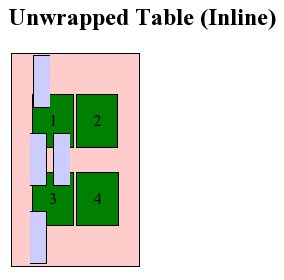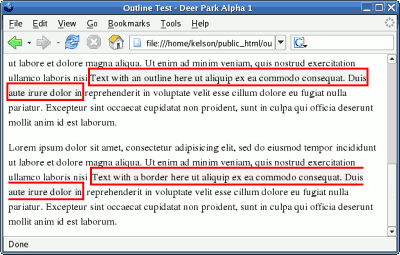WP Tavern summarizes the conversation around WordPress losing CMS marketshare for the first time in ages, and what various people have cited as likely causes.
Personally, I’m finding its increasing complexity to be a major frustration.
- Writing on WordPress has gotten somewhat more complicated.
- Maintaining a WordPress site has gotten more complicated.
- Developing for WordPress has gotten more complicated.
- The resulting page code (including CSS and Javascript) has gotten a lot more complicated. As I’ve noted before, there’s no good reason to require 450K of data to display a 500-word post. Or a single link with a one-sentence comment.
The move towards Gutenberg blocks and full-site editing complicates things on several levels, and feels like an attempt at lock-in as well.
Ironically, I’ve been moving toward Eleventy, which has also been very frustrating…but only in building the layout I want.
On one hand…
- I have to develop a lot of the components I want from scratch. More than would have thought. Though I suspect there are enough pre-built layouts out there for most people’s use cases.
- The documentation is sorely lacking. (Eventually I’ll get around to helping with that.)
- Dynamic features like comments need to be handled by another program.
But on the other…
- I can fine tune things a lot more easily than fine tuning a WordPress theme.
- Once I’m done building the layout, adding a new post is almost as easy as it is on WordPress.
- My actual post content is portable.
- There’s essentially no attack surface, so if I have a site that’s “done” I can just build it one last time and leave it as-is — and not worry about spam, maintenance or security (beyond general webserver security).
- I don’t have to send extra JavaScript libraries along with every page, so it can use a tenth of the bandwidth and load faster on slow connections.
With Eleventy, setting up the layout and features has been super complicated…but once it’s set up, it’s smooth, easy to deal with, and does the job well. It’s kind of like running Linux back in the 1990s.
But with WordPress, there’s complexity in every layer.
Sometimes it’s worth it.
Sometimes it’s not.


